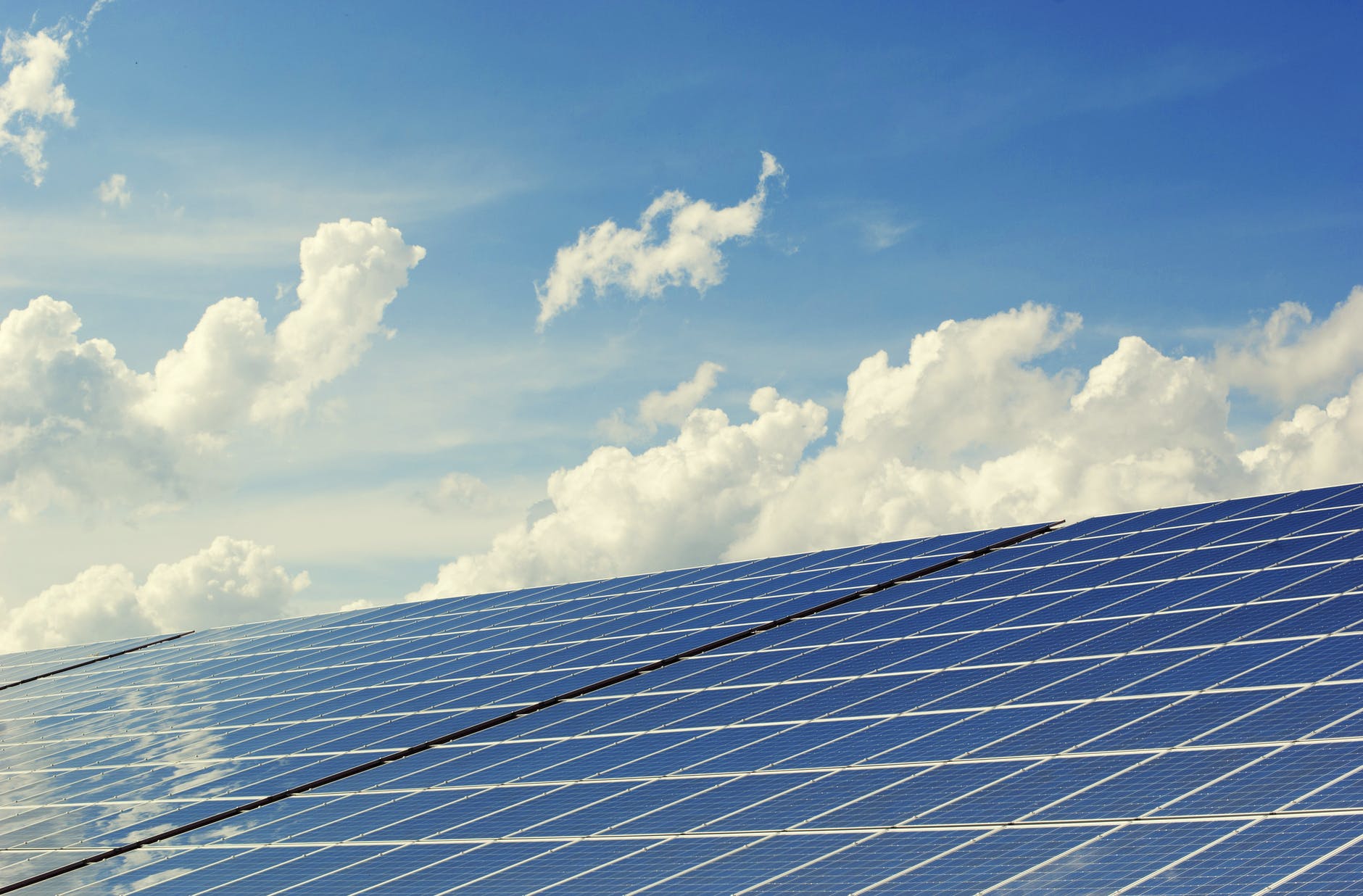
Out of the many tragedies that have emerged from this pandemic, one of the few silver linings is the possibility that, once we have demonstrated the ability to completely shut down and restart our societies, we will, collectively, use that towards restarting in a manner that is safe and sustainable, for people and the planet. The power to do so is in our hands – all we have to do is make the choice, individually and collectively. The data could not be more clear – we know what we need to do, and we know how to do it.

- US urged to cut 50% of emissions by 2030 to spur other countries to action Guardian
- Global lockdown every two years needed to meet Paris CO2 goals – study Guardian
- NYTimes: Volvo Plans to Sell Only Electric Cars by 2030 NYT
Carbon dioxide emissions must fall by the equivalent of a global lockdown roughly every two years for the next decade for the world to keep within safe limits of global heating, research has shown. (Bold mine).
Lockdowns around the world led to an unprecedented fall in emissions of about 7% in 2020, or about 2.6bn tonnes of CO2, but reductions of between 1bn and 2bn tonnes are needed every year of the next decade to have a good chance of holding temperature rises to within 1.5C or 2C of pre-industrial levels, as required by the Paris agreement.
Guardian
Changes of this scale, as with the pandemic, are multi-faceted, including individual actions (eg wearing masks, staying home when needed to protect ourselves and others), governmental (eg clear public health orders, income support as needed), business (eg switching to curbside pickup or work from home, where applicable). Likewise, for the climate crisis, we need all levels and sectors involved, doing everything possible to get us to where we need to be.
So, in the most immediate term, reducing our emissions by 50%+ over the next few years (and then further after that) is not a small task. How are we going to get there, and what actions can we take, starting today, to get us there, in each sector?

- Reducing the size of our home by 50% will reduce our heating/cooling emissions in half (as a rough estimate, simply because we have less space to heat/cool). If, by extension, we also own less stuff, there are emissions reductions (and other gains) to be found there, as well.
- Switching from an animal-based diet to a whole-foods, plant-based diet has a significant impact (exact % depends on what you were eating before, and whether you switch fully or partly to plant-based etc)
- Living in a higher density area helps reduce driving-related emissions, as more day-today trips are within walking distance (as does using public transit or an EV when you aren’t walking or biking)
- Significantly reducing or eliminating flights will take out a significant emissions source, depending on how much you were flying before and how much you reduce. Before flying, consider whether the flight is essential or not.
- Electing governments that are serious about tackling the climate crisis
- Supporting businesses that are working to tackle the climate crisis (zero waste and others) instead of business-as-usual
- Countless others – far too many to list here. 🙂
Naturally, different people will tackle things in their own order – and for someone who already lives in a small home in a high density area, downsizing is obviously not the place to start. However, most of us have room to improve, and places to start. What changes have you already made? Which are you interested in trying next? Which are you most curious about? Which do you think will be easier or more challenging?
We’re all in this together, so let’s help each other out, and build a better future for everyone!
…………………………………….
There are always lots of amazing deals on sustainable, zero-waste items in my online store! Check the website for details!

